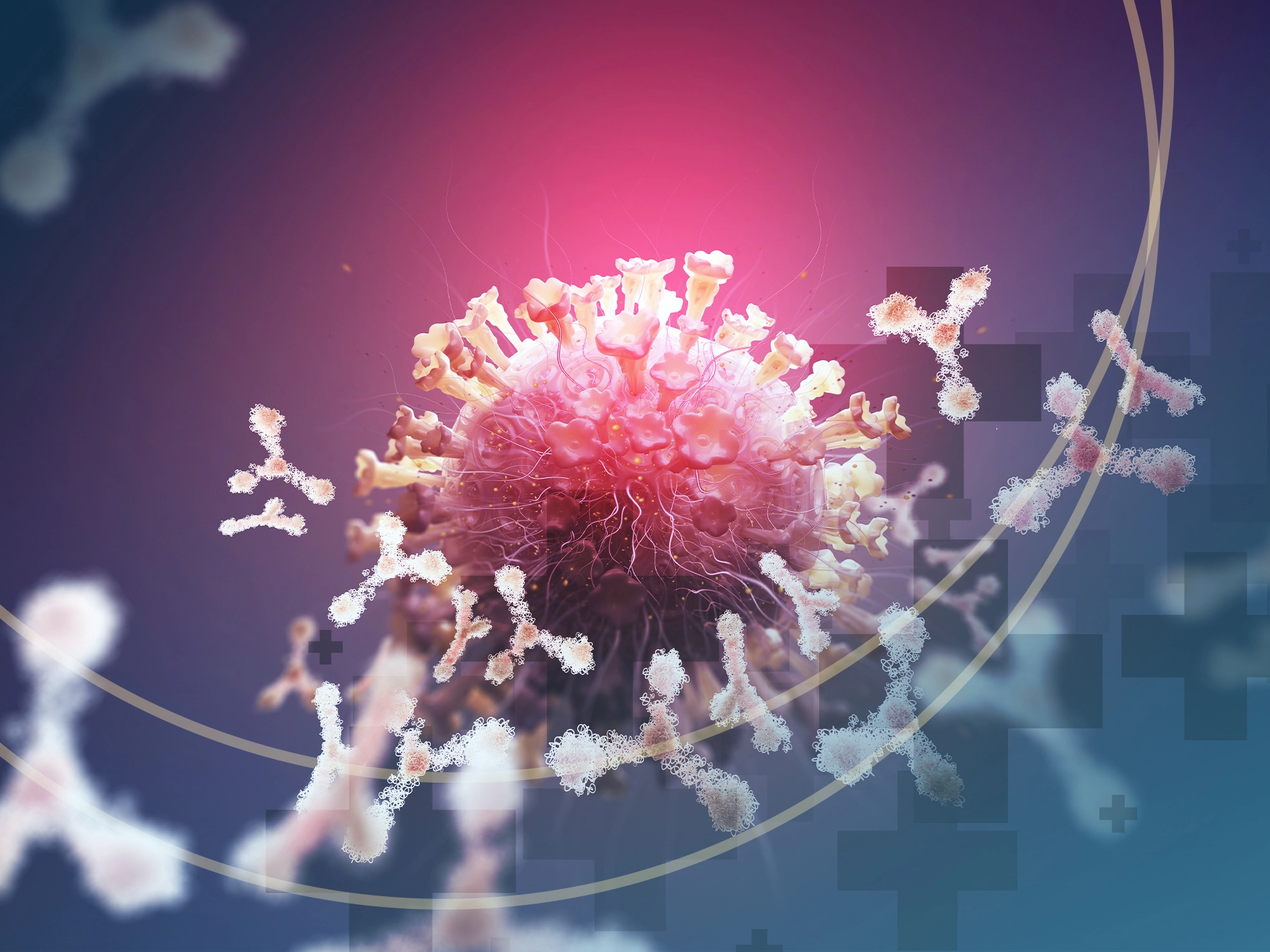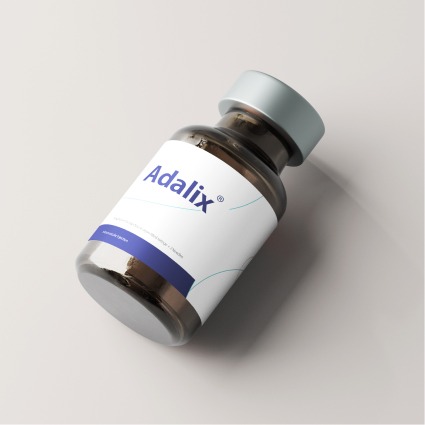Chimeric Antigen Receptor T-cell (CAR-T) therapy has transformed the landscape of cancer treatment, particularly in hematological malignancies like leukemia and lymphoma. However, despite its groundbreaking success, the emergence of antigen loss in approximately 30% to 70% of patients treated with CAR-T therapy remains a significant clinical challenge. Antigen loss refers to the loss or reduction of the targeted antigen on cancer cells, which leads to resistance against CAR-T cells and disease relapse. This phenomenon impedes the long-term effectiveness of CAR-T therapy, reducing survival rates and complicating treatment strategies. This article examines the mechanisms underlying antigen loss, its clinical implications, and potential solutions to address this issue and improve the durability of CAR-T cell therapy.
Mechanisms of Antigen Loss
Antigen loss can arise through several mechanisms, all of which contribute to the diminished effectiveness of CAR-T cells. Understanding these mechanisms is crucial for developing strategies to address antigen loss and improve patient outcomes.
- Genetic Alterations: Spontaneous mutations, deletions, or rearrangements in the antigen-encoding genes of tumor cells can lead to the loss of the targeted antigen. For example, mutations that affect the splicing of CD19 have been identified in B-cell malignancies, rendering CAR-T cells targeting CD19 ineffective.
- Epigenetic Modifications: Alterations in the DNA methylation patterns and histone modifications of cancer cells can lead to silencing of the target antigen. These epigenetic changes are often a response to selective pressure from CAR-T cells and can be triggered by factors within the tumor microenvironment.
- Immune Editing: The tumor’s immune landscape evolves under the pressure exerted by CAR-T cell therapy. The process of immune editing enables cancer cells to adapt, sometimes resulting in the emergence of antigen-negative variants. These variants escape recognition by CAR-T cells, allowing them to survive and proliferate.
- Clonal Selection: Under the pressure of CAR-T cells, antigen-negative clones within a tumor population can thrive, leading to clonal expansion of these subpopulations. As a result, the tumor becomes increasingly resistant to CAR-T therapy, and antigen loss becomes more prevalent.
- Antigen Shedding: Some tumors may shed or release the target antigen from their surface into the surrounding environment. This can reduce the availability of the antigen for CAR-T cells to recognize and bind, making the therapy less effective. Proteases or other enzymatic activities in the tumor microenvironment often facilitate this shedding.
Clinical Implications of Antigen Loss
Antigen loss has significant implications for the clinical success of CAR-T cell therapy, particularly concerning relapse, survival rates, and the limited treatment options available after resistance emerges.
- Treatment Failure: The most direct impact of antigen loss is treatment failure. As tumor cells lose or reduce the expression of the target antigen, CAR-T cells become ineffective. Studies have shown that patients experiencing antigen loss are more likely to relapse, leading to the failure of CAR-T therapy.
- Long-Term Remission and Survival Rates: Antigen loss can substantially affect long-term remission rates. Without sustained antigen expression, CAR-T cells cannot maintain control over the tumor, leading to a decrease in durable remissions and reduced overall survival rates.
- Adverse Clinical Outcomes: The emergence of antigen loss is often associated with adverse clinical outcomes, including relapse and treatment failure. Antigen loss is considered a negative prognostic factor, indicating the need for alternative strategies to improve CAR-T cell therapy outcomes.
- Heterogeneity Across Malignancies: The frequency of antigen loss varies across different hematological malignancies. For instance, acute lymphoblastic leukemia (ALL) has a higher rate of antigen loss compared to diffuse large B-cell lymphoma (DLBCL). This variation underscores the need for tailored treatment strategies based on tumor type and biology.
Detection and Monitoring of Antigen Loss
Detecting antigen loss is a crucial step in monitoring the efficacy of CAR-T therapy and predicting relapse. Several methods are employed to assess antigen expression, though each comes with its limitations:
- Flow Cytometry: This high-sensitivity method quantifies antigen expression at the single-cell level and can track changes before and after CAR-T cell therapy. However, it requires single-cell suspensions and may have limitations in detecting low levels of antigen expression.
- Immunohistochemistry (IHC): IHC provides spatial information on antigen expression within tissue samples, helping to visualize antigen changes in situ. Its main limitations are variability in staining intensity and the need for tumor biopsy samples.
- Polymerase Chain Reaction (PCR): PCR allows for high-throughput, quantitative assessment of antigen gene expression. While sensitive, it measures mRNA levels rather than protein expression, limiting its ability to reflect actual changes in antigen availability.
- Next-Generation Sequencing (NGS): NGS offers a comprehensive view of gene expression, including the target antigen. This method can identify novel antigens or mutations that may contribute to antigen loss. However, it requires specialized equipment and bioinformatics analysis.
Strategies to Overcome Antigen Loss
Several strategies have been proposed to overcome antigen loss and improve the durability of CAR-T cell therapy:
- Dual-Targeted CAR-T Cells: One promising approach is engineering CAR-T cells to target multiple antigens simultaneously. By targeting two or more antigens, the risk of antigen loss is reduced because tumor cells would need to lose expression of multiple antigens simultaneously to escape CAR-T cell recognition. This strategy has shown promise in clinical trials, such as those targeting CD19 and CD22 in B-cell malignancies.
- Tumor Heterogeneity and Antigen Selection: By carefully selecting antigens that are less prone to loss and targeting multiple antigens on different tumor subclones, the risk of antigen loss can be minimized. Profiling the tumor’s antigen expression patterns before therapy can help identify the most stable and abundant targets.
- Combination Therapies: Combining CAR-T cell therapy with other immunotherapies, such as immune checkpoint inhibitors or co-stimulatory molecules, can enhance CAR-T cell function and help overcome antigen loss. Immune checkpoint inhibitors can prevent T cell exhaustion, while co-stimulatory molecules like OX40 or 4-1BB can promote CAR-T cell persistence.
- Novel CAR Designs: Next-generation CAR designs, such as Tandem CARs and Switchable CARs, are being developed to provide flexibility in targeting multiple antigens and enhancing CAR-T cell activity. These designs offer improved resistance to antigen loss by creating redundancy and adaptability in CAR-T cells.
- Targeting Shared Tumor-Associated Antigens (TAAs): Some tumor-associated antigens are expressed across various tumor types, making them more stable targets for CAR-T cell therapy. By focusing on shared TAAs, such as CD19 and CD20, it is possible to reduce the likelihood of antigen loss and improve the efficacy of CAR-T therapy.
The Way Ahead
Ongoing research and clinical trials are focusing on strategies to prevent or overcome antigen loss in CAR-T cell therapy. These include the development of novel CAR designs, the use of combination therapies, and the application of personalized medicine approaches. Additionally, advancements in gene-editing technologies like CRISPR-Cas9 may offer promising solutions for restoring antigen expression on tumor cells.
With continued research and the application of these strategies, CAR-T cell therapy holds the potential to become even more effective, providing durable remissions and long-term survival for patients with a broader range of cancers.
Conclusion
Antigen loss remains a critical challenge in CAR-T cell therapy, affecting the long-term success of treatment and leading to relapse in a significant number of patients. However, through innovative strategies such as dual-targeted CAR-T cells, advanced CAR designs, and combination therapies, the impact of antigen loss can be mitigated. By continuing to explore these strategies, researchers and clinicians can enhance the efficacy and durability of CAR-T cell therapy, ultimately improving patient outcomes in cancer treatment.
Learn more about innovative therapies at Opal Biopharma.

